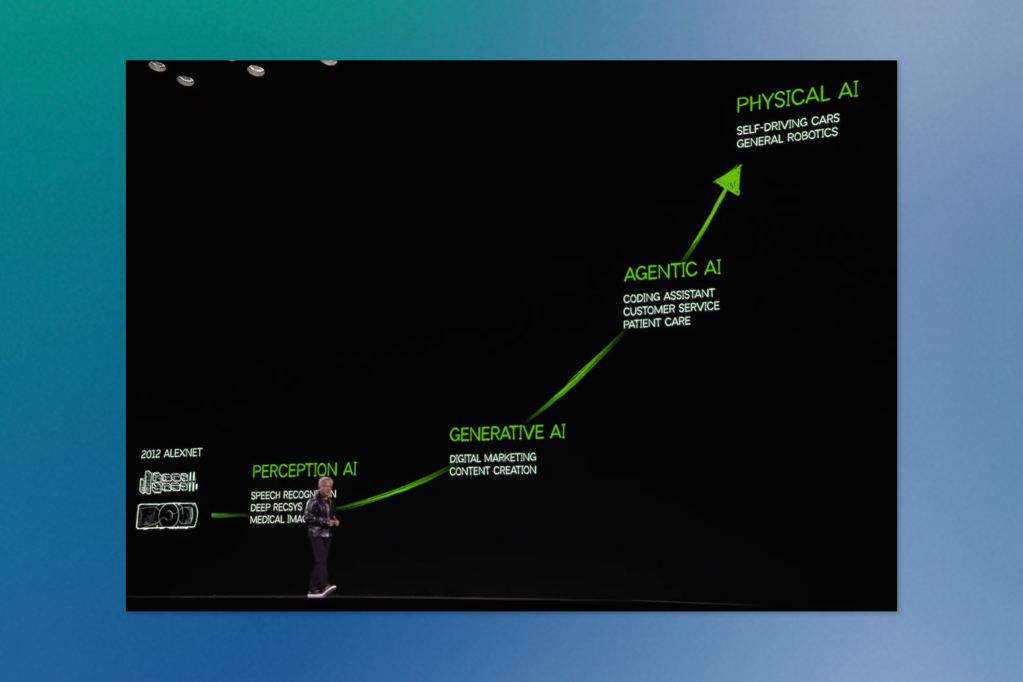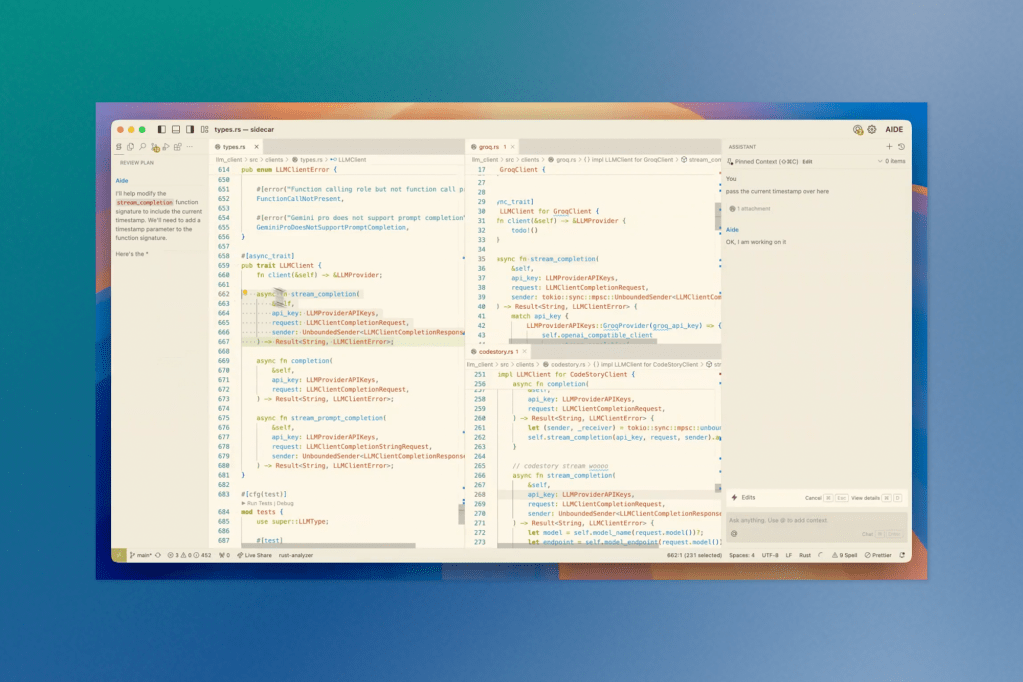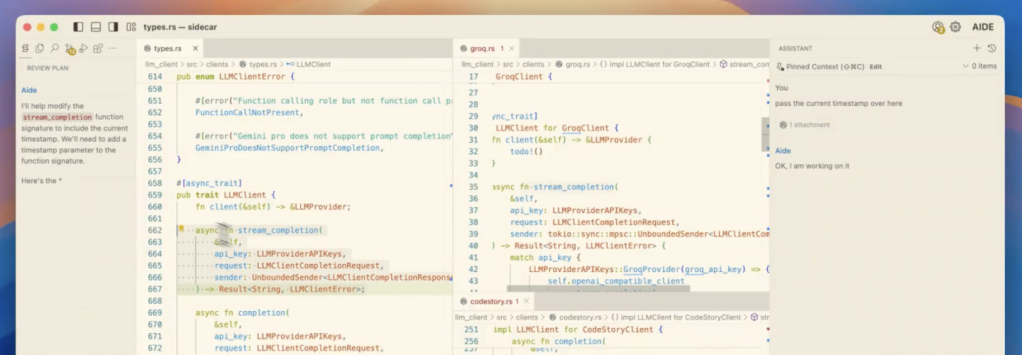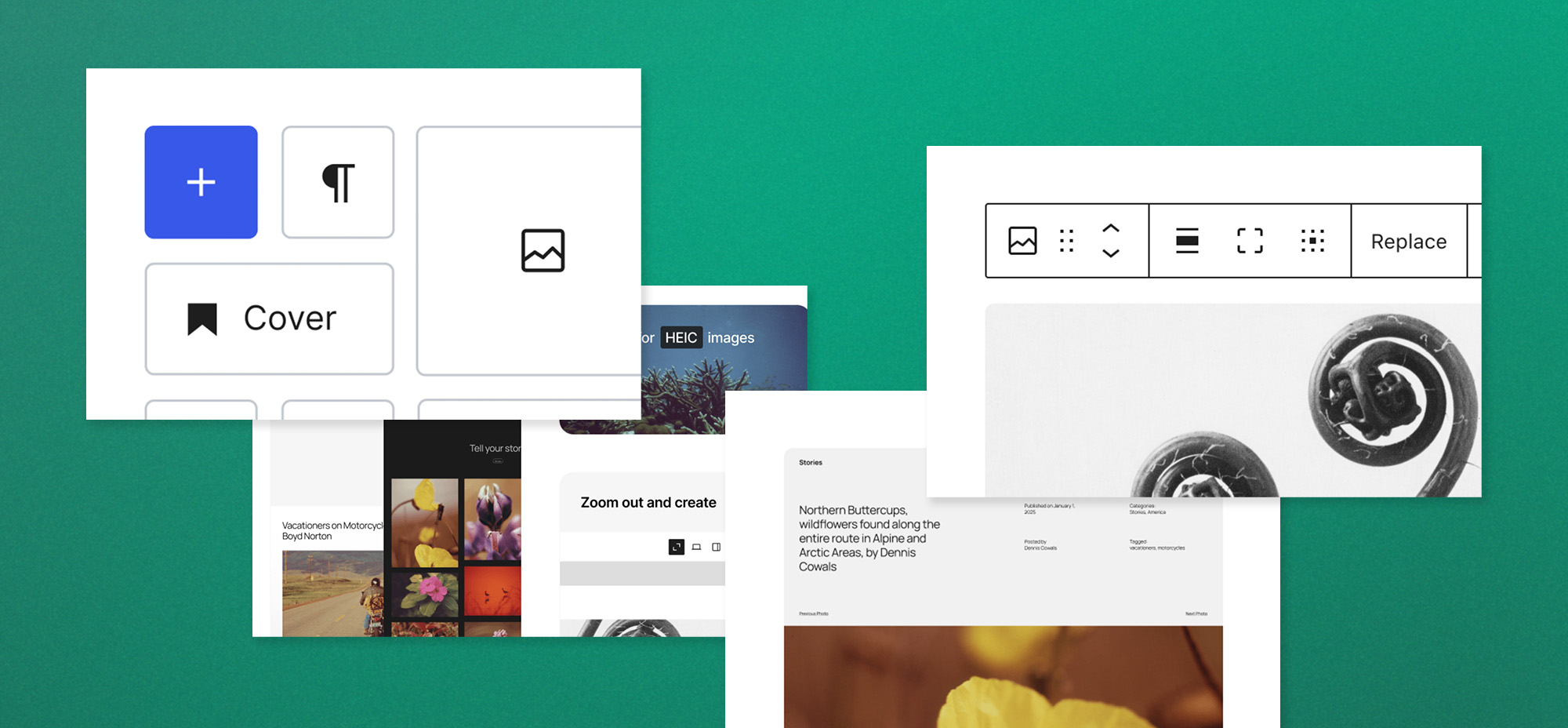AI developments this week highlight exciting progress. Avataar’s Velocity brings efficiency to video production, NVIDIA pushes the boundaries of physical AI at CES 2025, and Google DeepMind’s world models tackle real-world simulations. Plus, our Weekly Spotlight features Aide, a framework simplifying codebase management with AI. Check out the key takeaways from these advancements.
Avataar Unveils Velocity: AI-Powered Product Videos at Scale
Generative AI has opened new possibilities for video content, and Avataar’s latest tool, Velocity, is taking this further by creating AI-generated product videos from simple product links.
Founded by Sravanth Aluru, a former Microsoft and Deutsche Bank employee, Avataar has evolved from producing interactive 3D models to fully automated video solutions. Since its commercial testing began in February 2024, Velocity has already attracted brands like HP, Victoria’s Secret, and Lowe’s.

Key Features of Velocity by Avataar
- Automated Video Generation: Generates high-quality product videos directly from a product link, cutting down on the time and cost of traditional video production.
- Scalability for Large Catalogs: Supports the creation of videos for entire product catalogues, making it a game-changer for brands with extensive inventories.
- User-Friendly Editing Tools: No technical skills required; Velocity provides intuitive editing tools for easy customization of text and visual elements.
AI-generated videos could soon be an indispensable asset for brands looking to elevate customer experience and drive engagement.
CES 2025: NVIDIA CEO Highlights New Era of Physical AI and Game-Changing Innovations
At CES 2025, NVIDIA CEO Jensen Huang unveiled a series of innovations that mark a shift toward what he calls the “era of physical AI,” showcasing how NVIDIA’s platforms are transforming gaming, robotics, and autonomous vehicles (AVs). Speaking to a packed audience, Huang emphasized the rapid evolution of AI from perception to generation and now to action.

Highlights from the Keynote
NVIDIA Cosmos
A new world foundation model platform, Cosmos is designed to simulate real-world scenarios, making it a game-changer for robotics and AV development. Cosmos bridges the gap between AI research and real-world applications by enabling predictive modelling and advanced planning.
GeForce RTX 50 Series GPUs
Featuring the new Blackwell architecture, these GPUs offer unprecedented power, with the RTX 5090 capable of 3,352 trillion AI operations per second. Innovations like DLSS 4 and RTX Neural Shaders redefine visual fidelity and gaming performance.
Project DIGITS
Huang introduced Project DIGITS, a compact “personal AI supercomputer” powered by the Grace Blackwell Superchip and supported by 128GB of memory and up to 4TB of flash storage. Running Nvidia’s DGX OS, this Linux-based system can function independently or connect to a Windows or Mac PC. Designed for developers and researchers, it brings AI supercomputing capabilities to the desktop, enabling local execution of massive AI models. Despite its impressive specs, the $3,000 price tag may limit accessibility to well-funded institutions and professionals.
AI Foundation Models for RTX PCs
NVIDIA revealed AI models that enhance digital content creation, including tools for generating digital humans, videos, and podcasts. These models leverage the power of the RTX 50 Series GPUs to deliver fast and efficient performance.
As Huang said, “The ChatGPT moment for general robotics is just around the corner.”
Google DeepMind’s New Team Focuses on World Modeling AI
Google DeepMind is assembling a specialized team to develop “world models,” AI systems designed to simulate physical environments. The effort, led by Tim Brooks, a former OpenAI researcher, aims to accelerate the path to artificial general intelligence (AGI) by advancing visual reasoning, simulation, and planning for AI agents.
World models have diverse applications, from creating immersive video game environments to training robots in realistic scenarios. DeepMind plans to scale pre-training on video and multimodal data to enhance these capabilities, aligning with its broader mission to achieve AGI.
This initiative adds to Google’s existing AI projects, such as Gemini, a multimodal AI model, and Genie, a real-time 3D environment simulator. However, DeepMind faces competition from Nvidia’s Cosmos and World Labs, a startup founded by AI trailblazer Fei-Fei Li, both of which are making strides in physical AI and simulation technology.
Weekly Spotlight: Aide – The AI-Native Framework for Smarter Development
This week, we spotlight Aide, an open-source AI-native development framework designed to elevate the coding experience. Built on a state-of-the-art agentic framework and SWE-Bench verified, Aide transforms how developers handle complex codebases by enabling intelligent, multi-file edits without breaking logic.

What Sets Aide Apart?
- Proactive AI Agent: Aide actively suggests fixes, resolves linter errors, and identifies missing files, saving developers hours of manual work.
- SWE-Bench Leadership: Tested on SWE-Bench Lite, Aide achieved state-of-the-art results, resolving 43% of test cases and demonstrating its reliability for large-scale code adjustments.
- Context-Aware Development: The framework persistently tracks developer and AI changes, maintaining full context to ensure continuity across edits.
- Local-First, Full Control: Aide ships with a local binary that handles prompts and responses while allowing developers to control data sharing via subscription.
Core Features of Aide
- Quick Invoke with CMD + K: Inspired by MacOS Spotlight, the floating widget allows instant changes based on selected text or files.
- Lightweight Checkpoints: VS Code-native checkpoints make it easy to roll back changes without relying on traditional git processes.
- Deep Reasoning for Complex Changes: Breaks down large tasks into smaller, logical steps for better clarity and execution.
- Blazing-Fast Edits: Prompt caching ensures minimal delay between input and results.
Keep ahead of the curve – join our community today!
Follow us for the latest discoveries, innovations, and discussions that shape the world of artificial intelligence.


